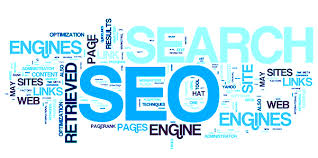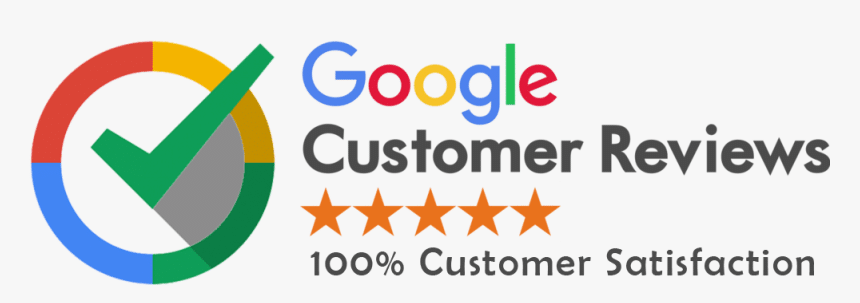Search Engine Optimization (SEO) is a complex process that involves numerous factors to determine the ranking of a website in search engine results. Among these factors, site speed has gained significant attention. But how crucial is it really? Is it just a myth, or does it play a pivotal role in SEO? Let’s dive deeper to understand the importance of site speed and its impact on your website’s rankings. 
Understanding SEO Ranking Factors
Search engines like Google use various criteria to rank websites. These criteria can broadly be categorized into content relevance, user experience, and technical performance. Content relevance focuses on how well your website matches the user’s search intent. User experience includes factors like mobile-friendliness, ease of navigation, and, most importantly, site speed. Technical performance involves elements such as the quality of inbound links, domain authority, and website security.
When a website performs poorly in terms of speed, it directly impacts the user experience. Slow-loading pages frustrate users, leading to higher bounce rates and shorter session durations. Search engines interpret these metrics as a lack of engagement, which can negatively affect your rankings. Therefore, improving your site’s speed is not just about user satisfaction; it’s also a strategy to enhance your SEO performance.
The Role of Site Speed in SEO
Google has confirmed that site speed is a direct ranking factor. For both desktop and mobile searches, faster-loading websites are more likely to rank higher. Beyond its direct impact, site speed also influences secondary ranking signals like:
- Bounce Rate: Slow websites often see a higher percentage of users leaving without interacting with the page.
- Dwell Time: Faster websites tend to keep users engaged for longer periods.
- Conversion Rates: A quicker site not only retains visitors but also encourages them to take desired actions, such as making a purchase or signing up for a newsletter.
Factors That Affect Site Speed
Several factors can slow down your website, including:
- Large Image Files: Unoptimized images take longer to load and consume significant bandwidth.
- Excessive HTTP Requests: Every element on your webpage, like images, stylesheets, and scripts, requires an HTTP request. The more requests, the slower the page.
- Uncompressed Files: Larger CSS, JavaScript, and HTML files can delay loading times.
- Lack of Browser Caching: Without caching, returning visitors must reload the entire webpage instead of accessing a cached version.
- No Content Delivery Network (CDN): A CDN distributes your content across multiple servers, reducing the load time for users far from your primary server.
How to Improve Site Speed
Improving site speed involves technical adjustments and best practices. Here are some effective methods:
- Optimize Images: Use tools to compress image sizes without compromising quality. Convert images to modern formats like WebP for faster loading.
- Minimize HTTP Requests: Combine CSS and JavaScript files where possible to reduce the number of requests.
- Enable Browser Caching: Implement caching mechanisms so that returning users load pages faster.
- Use a CDN: Distribute your content globally to ensure faster delivery to users, regardless of their location.
- Implement Lazy Loading: Load images and videos only when they come into the user’s viewport.
- Server-Side Caching: Create static HTML versions of your webpages to reduce the time spent building pages dynamically.
- Minimize Redirects: Each redirect adds an additional HTTP request, increasing the load time.
- Choose a Fast Hosting Provider: The speed of your web hosting service can significantly influence your site’s performance.
Debunking the Myth
Some argue that site speed is not as critical as other SEO factors like content quality or backlinks. While it’s true that a fast website alone won’t guarantee high rankings, ignoring site speed can harm your overall SEO strategy. A slow site diminishes user experience and indirectly affects engagement metrics, which search engines use to evaluate your website’s relevance and reliability.
Conclusion
Site speed is far from being a myth in the world of SEO. It’s a crucial factor that influences both direct rankings and user engagement metrics. By optimizing your website’s speed, you not only improve your chances of ranking higher on search engine results but also enhance the overall user experience. In today’s competitive digital landscape, every second counts, so make site speed a priority in your SEO strategy.


